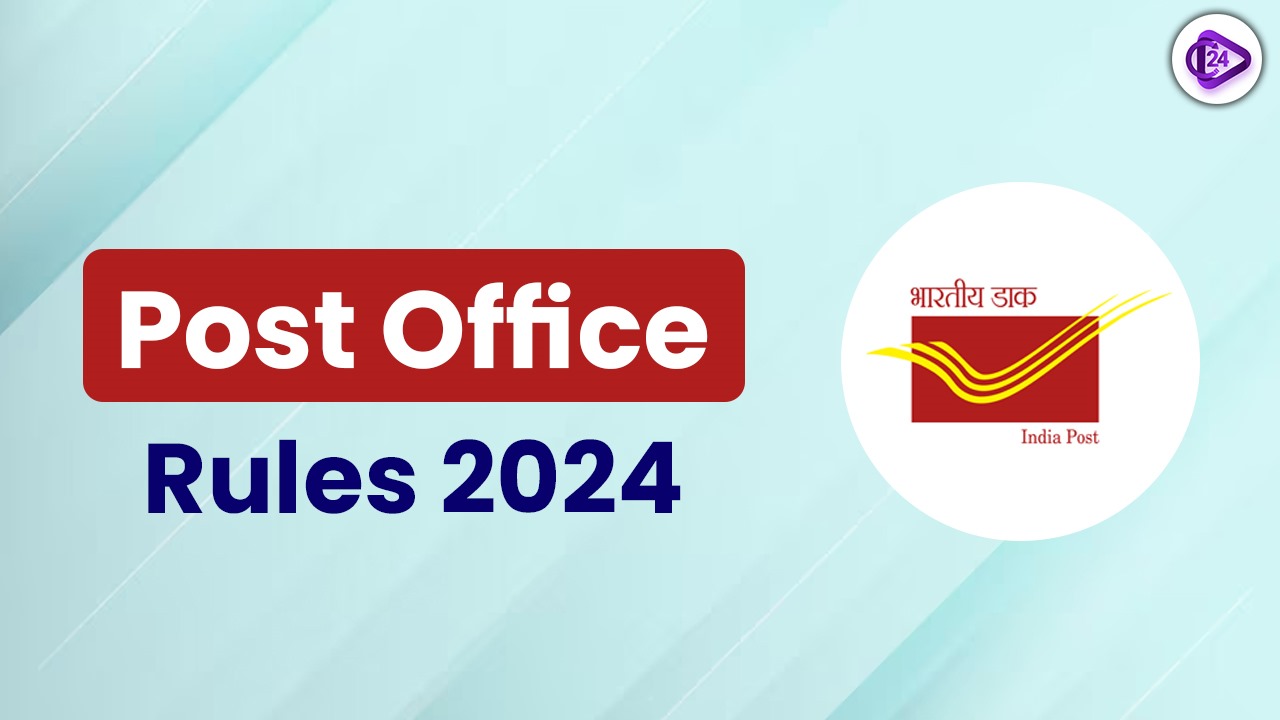
The Department of Posts has brought the new subordinate legislations namely The Post Office Rules, 2024 and The Post Office Regulations, 2024 under the Post Office Act, 2023 which has brought a new legal dawn after 125 years. Applicable from December 16, 2024, the rules target the rationalisation of the regulatory environment in India, improvement of the quality of public services for citizens and support of the business environment. They include digital address systems, eased post product and service, additional registration counters and higher monetary limits on money orders. Specializations remain intentionally quite broad and include operational efficiency press and institutional or public connections insurance and universal post services. This initiative is in line with the government’s idea in the motto ‘Dak Sewa Jan Sewa’, a transformation of postal services to cater the need of the modern world.
New Subordinate Legislation: Post Office Rules, 2024 and Post Office Regulations, 2024
Overview
-
Legislative Reform: The Department of Posts (DoP) after 125 years finally has enacted the Post Office Act, 2023 from 18.06.2024.
-
Subordinate Legislation: The Post Office Rules, 2024 and Post Office Regulations, 2024 were framed under this Act which came into force from 16.12.2024 targeting ‘Dak Sewa Jan Sewa’ and ‘Sabka Sath Sabka Vikas’ means ‘Maximum Governance, Minimum Government’.
Post Office Rules, 2024
-
Focus: For instance developing enabling services, providing employment opportunities, and leveraging the extensive post service delivery of the desired citizen-centered services.
-
Simplified Framework: Rules are simple, printable and facilitate the digital approach (digital address numbers; digital postage payments).
-
Innovations: New products, like self-organising maps, sovereign functions like stamp vending and return services where postal stamps may embrace digital receipts (returning service acknowledgement) and a complaint handling system.
-
Excludes Penal Provisions: Does not focus on accessibility in combination with penalties or punishment.
Post Office Regulations, 2024
-
Operational Details: Establish standard for product and service delivery in post offices.
Key Features:
-
Universal Postal Service: Low cost services to the users from within and outside the country.
-
Product Rationalization: Generalized sub-topics, for instance multiple sub-topics of book packet post all subsumed under the top– ‘Book Post.’
-
Enhanced Limits: The limit of money order for welfare payments have been increasing from ₹ 5,000/- to ₹ 10,000/-.
-
Modern Features: With reference to coins and stamps use of bar coding for tracking parcels, improved registration of products such as pictorial post cards.
-
Alignment with Modern Laws: In conformity with the Press and Registration of Periodicals Act, 2023 in the case of the registered newspaper.
-
Support for MSMEs: Compulsory accountability for parcels which have track-ahead serves the ease of business well.
-
Collaboration Opportunities: Facilitating contracts for services with public and private societies or institutions.
Significance
Move away from mail service as it used to be to Citizen-Centric Service Delivery.
Some processes are simplified for ease of business which is in the direction of “Atmanirbhar Bharat.”
To illustrate the effectiveness of change, shows willingness of the government in eradicating archaic practices and bringing about transformaation in governance.
Conclusion
The new Post Office Rules, 2024 and Post Office Regulations, 2024 signify a transformative step in modernizing India’s postal services, aligning them with contemporary demands and technological advancements. By simplifying operations, introducing citizen-centric services, and supporting ease of doing business, these legislations reaffirm the government’s commitment to efficient governance and sustainable development. They not only modernize the postal framework but also expand its role in socio-economic development, particularly in remote areas. This initiative underscores India’s progress toward achieving a balance between traditional services and futuristic innovations, fostering inclusivity and national growth.



 Kaliyattam Nights: Theyyam and the Living Traditions of North Kerala
Kaliyattam Nights: Theyyam and the Living Traditions of North Kerala World Health Day 2025: Strengthening Indian Healthcare for a Resilient Future
World Health Day 2025: Strengthening Indian Healthcare for a Resilient Future Revamping India's Maritime Marvel: Pamban Rail Bridge (Rameswaram Bridge)
Revamping India's Maritime Marvel: Pamban Rail Bridge (Rameswaram Bridge) India’s Undersea Cable Infrastructure Upgrade
India’s Undersea Cable Infrastructure Upgrade India Ranks 10th with $1.4 Billion Private Investment in AI: UN Report
India Ranks 10th with $1.4 Billion Private Investment in AI: UN Report Potential New Autism Therapy Offers Hope for Greater Self-Sufficiency
Potential New Autism Therapy Offers Hope for Greater Self-Sufficiency Rongali Bihu: The Celebration of Assamese New Year
Rongali Bihu: The Celebration of Assamese New Year Make in India and the Capital Goods Revolution
Make in India and the Capital Goods Revolution Fiscal Health Index 2025: Mapping India's State-Level Economic Resilience
Fiscal Health Index 2025: Mapping India's State-Level Economic Resilience Bodh Gaya Temple Act (BTA), 1949: Historical and Legal Perspectives
Bodh Gaya Temple Act (BTA), 1949: Historical and Legal Perspectives






